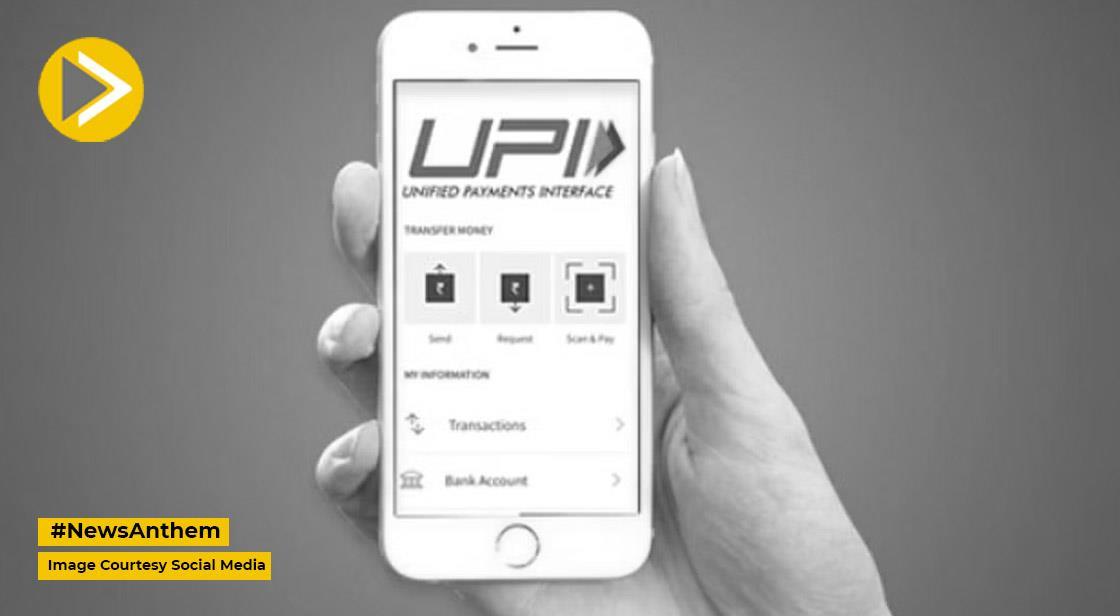NPCI Introduces New UPI Chargeback Rules: Here’s Everything You Need to Know

News Synopsis
The National Payments Corporation of India (NPCI) has introduced a significant change to Unified Payments Interface (UPI) transactions, which will take effect from February 15, 2025.
The update primarily focuses on enhancing chargeback processes by implementing automated acceptance and rejection, thereby improving efficiency and reducing disputes.
Currently, banks face challenges in managing chargebacks, often leading to financial penalties. With the new system, NPCI aims to streamline the dispute resolution process, ensuring quicker and smoother reconciliation of transactions.
What Are the Current Challenges in UPI Chargebacks?
At present, the remitting banks initiate chargebacks in the Unified Dispute Resolution Interface (UDIR) starting from T+0 (Transaction Date + 0 days). However, this often leads to the following issues:
-
Delayed reconciliation: Beneficiary banks struggle to process and verify chargebacks due to a lack of sufficient time.
-
Rejected returns: In several instances, returns get rejected after the chargeback has already been initiated, leading to complications.
-
RBI-imposed penalties: Failure to comply with regulatory guidelines results in monetary fines and other punitive measures by the Reserve Bank of India (RBI).
To address these issues, NPCI has decided to implement an automated chargeback system that eliminates the need for manual intervention.
What Do the New UPI Rules Say?
From February 15, 2025, UPI transactions will follow a more structured chargeback resolution mechanism. The key changes include:
1. Auto Acceptance & Rejection of Chargebacks
The new system will introduce Transaction Credit Confirmation (TCC), which will enable automated approval or denial of chargebacks. This will ensure that disputes are settled faster without requiring manual review by banks.
2. Reduced Delays and Errors
By automating chargeback decisions, banks can reduce confusion, avoid rejected returns, and minimize penalties imposed by regulatory authorities.
3. Focus on Bulk Transactions and UDIR
NPCI clarified that this rule only applies to bulk uploads and the Unified Dispute Resolution Interface (UDIR). It does not impact the front-end dispute resolution system, which will continue to operate as usual.
4. Better Time Management for Beneficiary Banks
Under the new system, banks receiving transactions will have sufficient time for transaction reconciliation, making dispute resolution more structured and efficient.
Why Do Chargebacks Occur in UPI Transactions?
A chargeback refers to the reversal of a UPI transaction that was initially approved. This can happen due to multiple reasons:
1. Disputed Transactions
Customers may not recognize a payment and dispute it with their bank, leading to a chargeback request.
2. Failed or Duplicate Payments
Technical glitches can sometimes cause duplicate transactions or failed payments, necessitating a chargeback.
3. Non-Delivery of Goods or Services
When a customer does not receive the purchased product or service, they may request a chargeback.
4. Unauthorized Transactions
Fraudulent or unauthorized transactions detected by customers can lead to chargeback claims, requiring investigation and resolution.
How Will the New System Benefit UPI Users and Banks?
The latest chargeback automation policy is expected to bring several advantages:
1. Faster Dispute Resolution
Automated chargeback processing will reduce the average dispute resolution time, ensuring quick refunds for customers when applicable.
2. Enhanced Efficiency for Banks
Beneficiary banks will have a systematic approach to handling chargebacks, leading to improved financial reconciliation and lower error rates.
3. Fewer Regulatory Penalties
With a clear process for dispute handling, banks can comply with RBI’s guidelines more effectively and avoid unnecessary penalties.
4. Improved Customer Experience
By minimizing transaction failures and confusion, customers will have a smoother and more reliable UPI payment experience.
Conclusion: A More Streamlined and Efficient UPI System
NPCI’s decision to introduce auto chargeback acceptance and rejection marks a crucial step in enhancing UPI’s reliability and security. The new system will reduce delays, errors, and disputes while improving overall reconciliation efficiency.
As UPI adoption continues to grow, these measures will play a vital role in ensuring a frictionless digital payment experience for millions of users across India.
The updated chargeback rules will come into effect from February 15, 2025, and all stakeholders, including banks and payment service providers, must prepare for the transition.
You May Like









